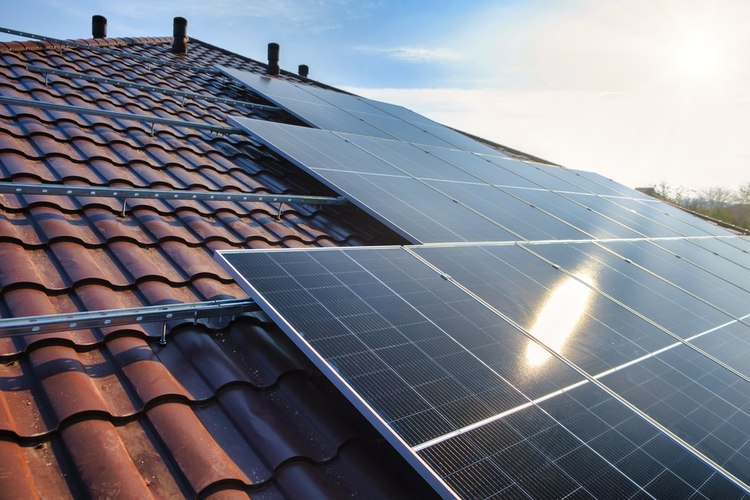Solar Panels for British Homes:Could They Lower Your Bills?
Many UK homeowners are exploring solar panels as a way to manage rising energy costs and reduce reliance on the grid. Here’s how solar may fit into British homes in 2025.As the UK faces continued rises in electricity bills and growing concerns about energy security, more households are turning to solar panels as a practical and profitable solution. In 2025, solar is no longer just an “eco-friendly option” — it’s becoming a mainstream investment that can cut annual energy costs by hundreds of pounds, increase property value, and even provide income through smart export schemes. With government incentives, falling installation prices, and advances in battery storage, British homeowners now have the chance to take control of their energy future like never before.

Are Solar Panels a Good Fit for Homes in the UK?
The UK’s solar potential is often underestimated. Despite its reputation for cloudy weather, Britain receives sufficient sunlight to make solar panels a viable energy option. Modern solar technologies have significantly improved efficiency, allowing panels to generate electricity even on overcast days. The average UK home can generate between 3,000 to 4,000 kilowatt-hours of electricity annually, potentially offsetting a substantial portion of household energy consumption.
Understanding the Financial Incentives for Solar Installation
Financial considerations play a crucial role in solar panel adoption. The UK government has introduced several incentives to encourage renewable energy investments. While the Feed-in Tariff scheme has ended, the Smart Export Guarantee (SEG) allows homeowners to earn money by exporting excess electricity back to the grid. Additionally, initial installation costs have dropped significantly, making solar panels more accessible to a broader range of homeowners.
Evaluating the Long-Term Savings of Solar Energy
Installing solar panels represents a long-term investment with potential significant returns. The average solar panel system can save homeowners between £270 and £430 annually on electricity bills. Most systems have a payback period of 10-15 years, after which homeowners essentially generate free electricity. Modern solar panels typically come with 25-year warranties, ensuring sustained performance and financial benefits.
The Environmental Impact of Solar Energy
Beyond financial advantages, solar panels offer substantial environmental benefits. Each kilowatt-hour of solar electricity generated reduces carbon emissions by approximately 0.5 kg of CO2. For an average UK household system, this translates to around 1.5 tonnes of carbon emissions saved annually – equivalent to planting roughly 75 trees each year.
Solar Panel Providers and Cost Comparison
| Provider | System Size | Estimated Cost | Annual Savings | Warranty |
|---|---|---|---|---|
| Solar UK | 4 kW | £6,500-£7,000 | £350-£420 | 25 years |
| GreenPower Solutions | 3.5 kW | £5,800-£6,300 | £320-£380 | 20 years |
| British Solar Tech | 5 kW | £7,500-£8,000 | £400-£450 | 25 years |
Prices, rates, or cost estimates mentioned in this article are based on the latest available information but may change over time. Independent research is advised before making financial decisions.
Innovations in Solar Technology and Their Implications
Emerging solar technologies continue to enhance panel efficiency and affordability. Bifacial solar panels, which capture sunlight from both sides, and perovskite solar cells are promising developments that could further improve energy generation capabilities. These innovations suggest an increasingly optimistic future for solar energy in residential settings.
Solar panel technology offers British homeowners a practical approach to reducing energy costs and supporting environmental sustainability. While individual circumstances vary, the combination of technological advancements, financial incentives, and environmental benefits makes solar panels an increasingly attractive option for many households.




